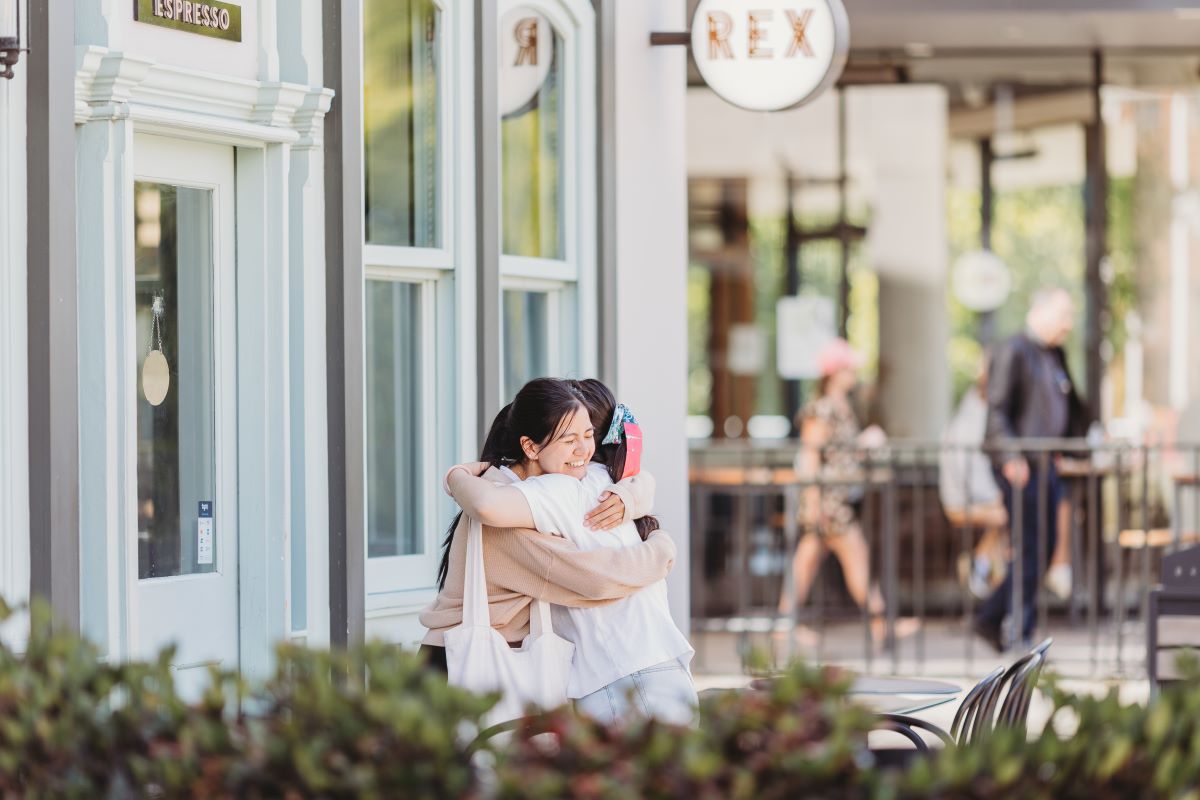
Image credit: Ben Calvert
After the excitement and adventure of studying abroad in Australia, returning home can bring mixed feelings.
When you get home, it’s very common to experience ‘reverse culture shock’ which is a period of readjustment.
Here’s a look at some of the emotions you might experience and a few tips to help you ease back into life at home.
Why home can feel different than before
Your home will be familiar, but you will notice aspects of your culture, family dynamics, or even friend groups that you weren’t aware of before.
You might realise that now, as someone who has seen more of the world, you see things at home a bit differently. This is a natural part of processing the many ways you've grown during your time abroad.
While you will be excited to reconnect with your home country and community, you might also find yourself missing the independence you experienced as a student abroad. This can include missing your friends, food or lifestyle in Australia.
It can be hard when your old friends don’t fully understand the experience you have had studying abroad. You have grown as a person, and it can take time to settle in again socially as this new version of yourself.
Tips for settling back in
1. Stay connected to your international experience
Your fellow international students could become lifelong friends. Keep in touch with friends you made in Australia, join an alumni network and sign up for any alumni events happening near you. Staying connected to people who have had similar experiences can provide a sense of support and continuity. Your connections can also create an incredible international professional network.
2. Create new goals
If you feel a bit lost when you get home, take some time to sit down and write out some goals. This will give you focus for your next chapter in life, work or study, and give you things to look forward to.
3. Create new habits
Think about the habits or routines you loved in Australia, like cooking a particular meal or keeping active outdoors, and find ways to bring these into your life at home. This will help you settle back in by incorporating parts of your Aussie life.
4. Find local international communities
If you’re feeling like no one really wants to hear about your experience or they can’t relate to it, then do some networking. Find local groups or events that allow you to meet others who have studied or travelled internationally. These people are often open to hearing about your experiences and can relate to your transition.
5. Plan your future adventures
One of the best ways to navigate feelings of nostalgia for Australia is to plan for future travel. Even if you can’t return immediately, planning trips to Australia or other places can give you something to look forward to and help you embrace life with an adventurous mindset.
6. Reach out for help
If you are struggling to settle back in, it might be a good idea to reach out for support. Talk to your doctor or a counsellor. Or think about using a wellbeing tool or app.
7. Remember, it takes time
If you want to jump straight back on a plane or you just feel like you don’t ‘fit’ anymore — don't worry, it just takes time. And with time, this new version of you will attract new friends and experiences, as well as connecting with the old.
Remind yourself that it’s completely normal to feel a mix of emotions during this transition. Don’t pressure yourself to ‘feel at home’ right away.
Welcome home
While it might take some time to settle back in, returning home will eventually help you grow, connect and create exciting new beginnings.
We wish you all the best with your transition. Come back and visit us soon!